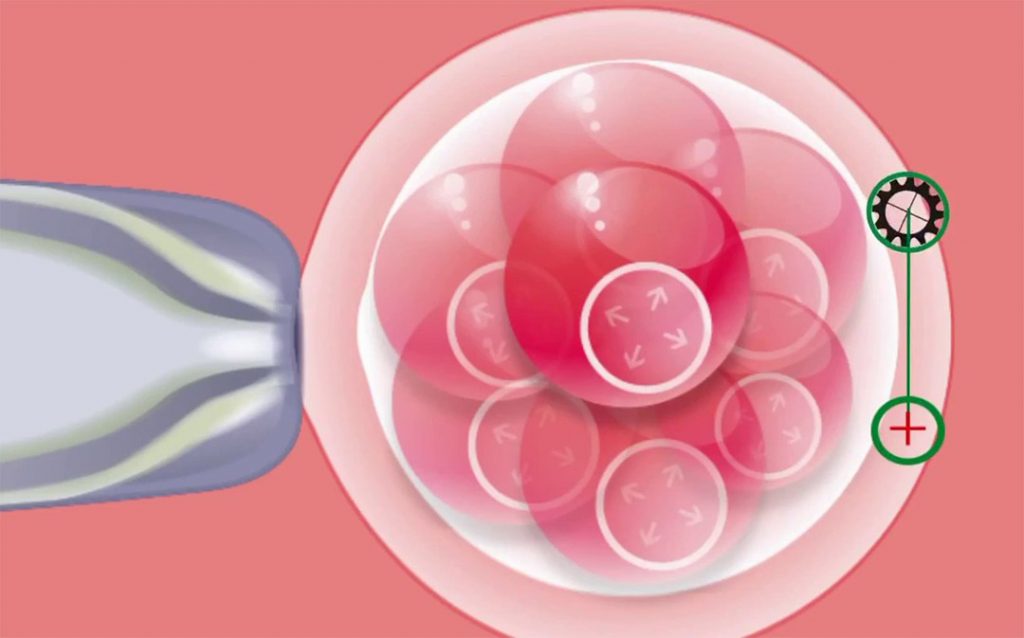Laser Assisted Hatching
What is assisted hatching?
Assisted hatching is a technology which helps embryos to attach to the womb of the woman. Pregnancy cannot occur unless the human embryo hatches.
The most common reason for an IVF or ICSI cycle to fail is because embryos fail to implant. Before an embryo can implant into the lining of the uterus it must ‘hatch’ out of this shell. This usually occurs five or six days following fertilisation.
There are many reasons why successful implantation does not occur. One of these reasons may be due to the fact that the embryo is unable to ‘hatch’ because the zona pellucida is too thick, or too hard. Assisted hatching is a laboratory procedure whereby a hole is made in the zona pellucida of a three-day old embryo in order to help in the ‘hatching’ process and therefore, help with the implantation of the embryo into the uterus.
Laser assisted hatching is one out of several methods to help the embryo hatch and attach to the womb. Other methods are acid or mechanical hatching of one a part of zona pellucida.
At Cairo Fertility Clinic we offer laser assisted hatching, which is a gentle and safe way to weaken a part of zona pellucida. After treating the embryo with laser assisted hatching, we transfer the embryo into the woman’s womb. In most cases the embryo will attach for normal growth and development.

